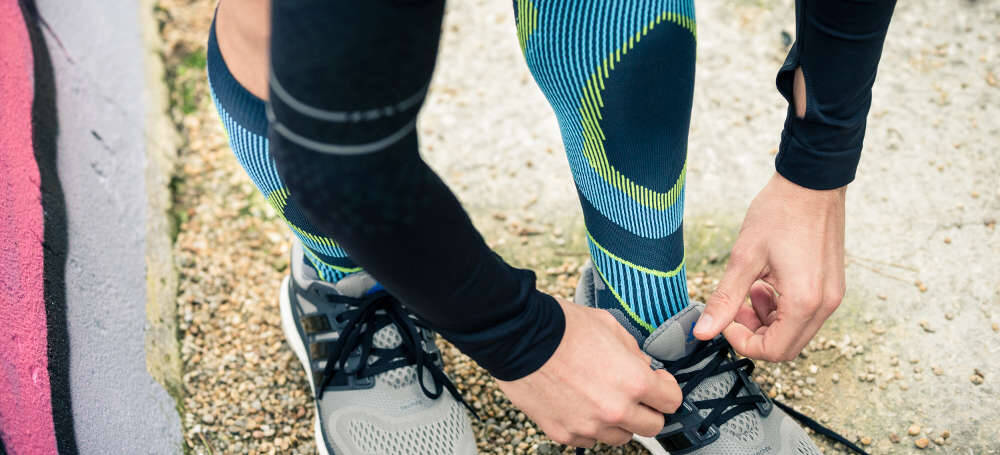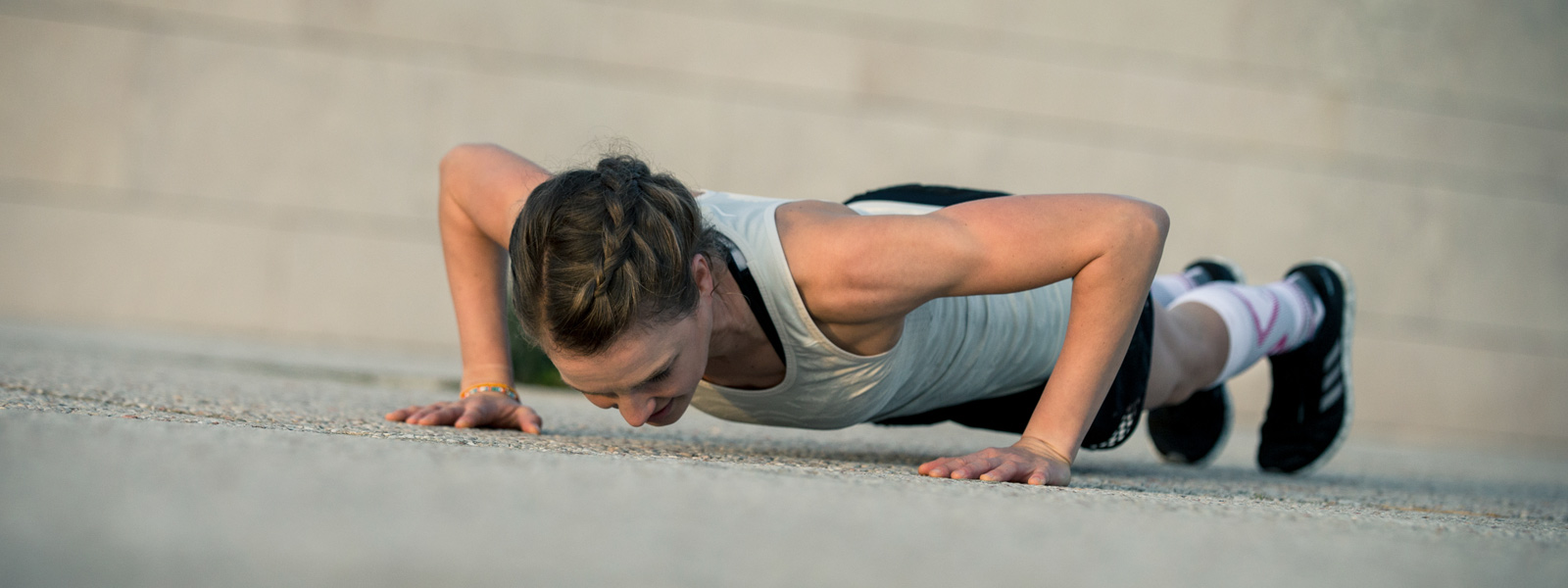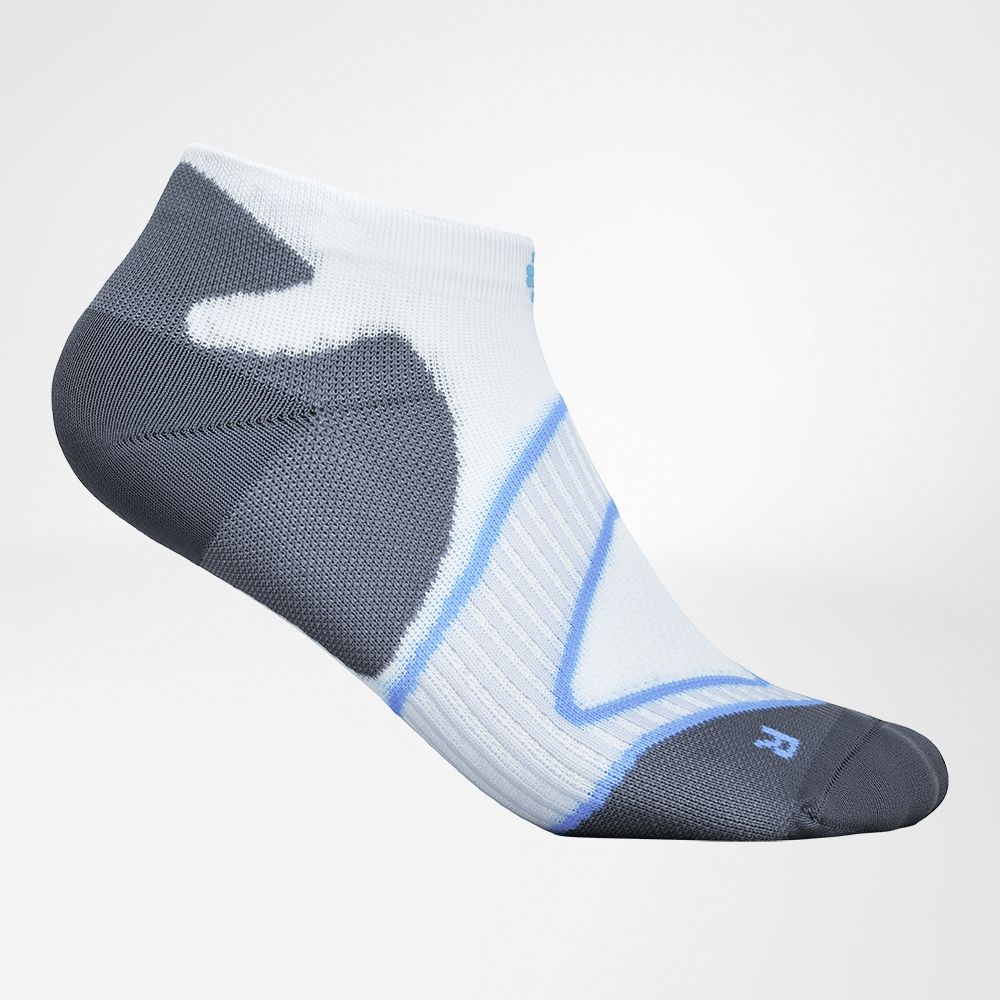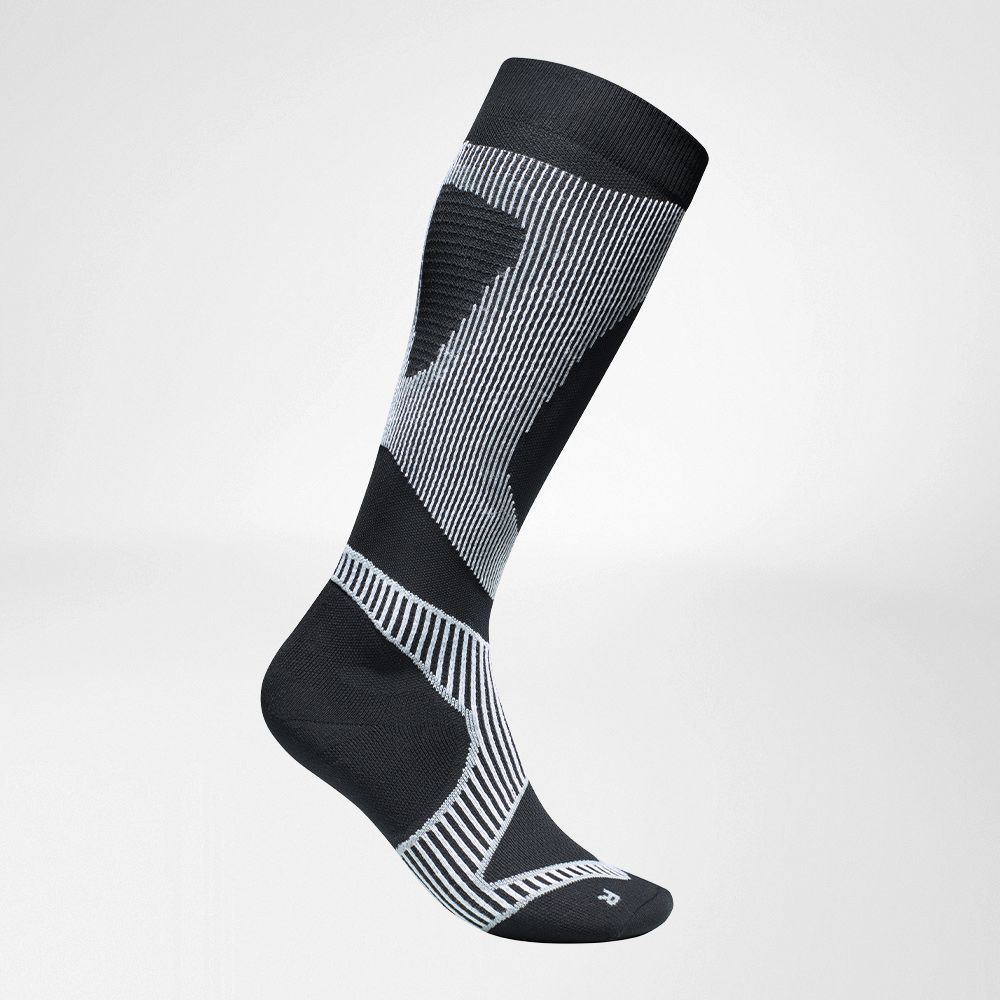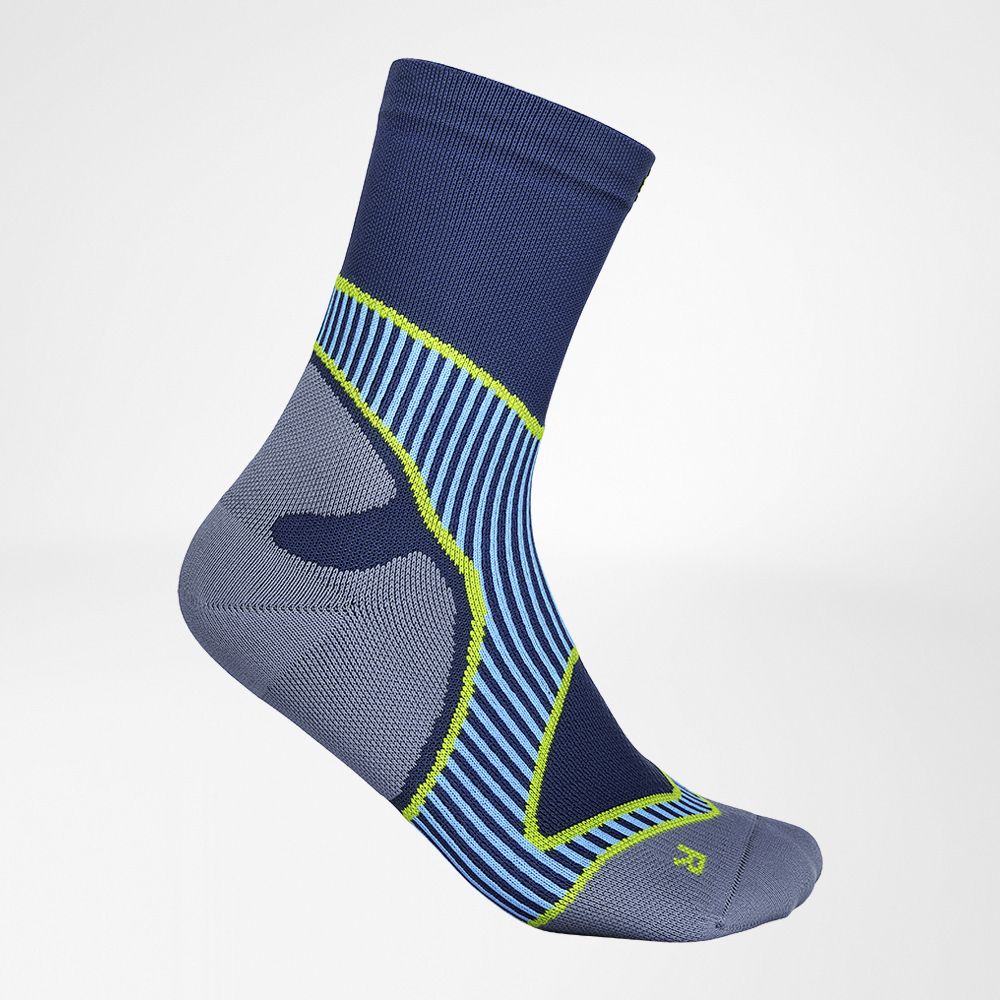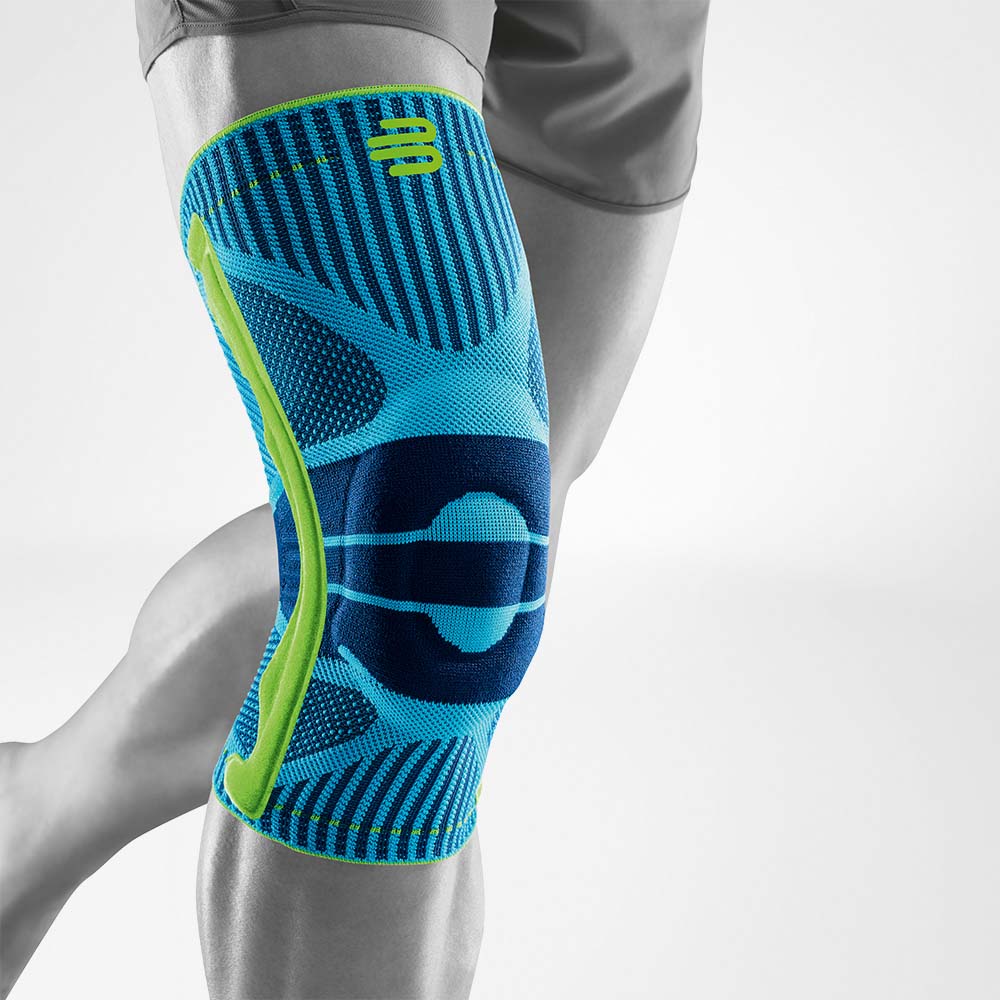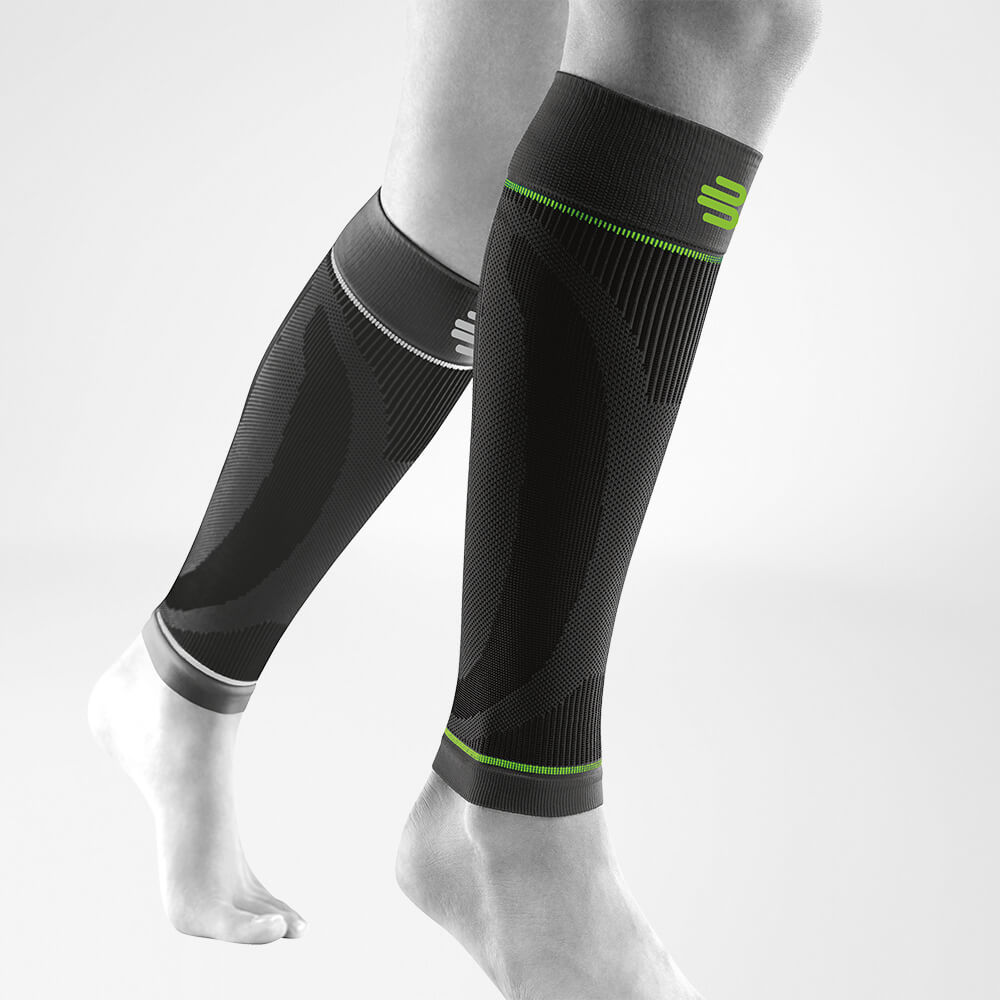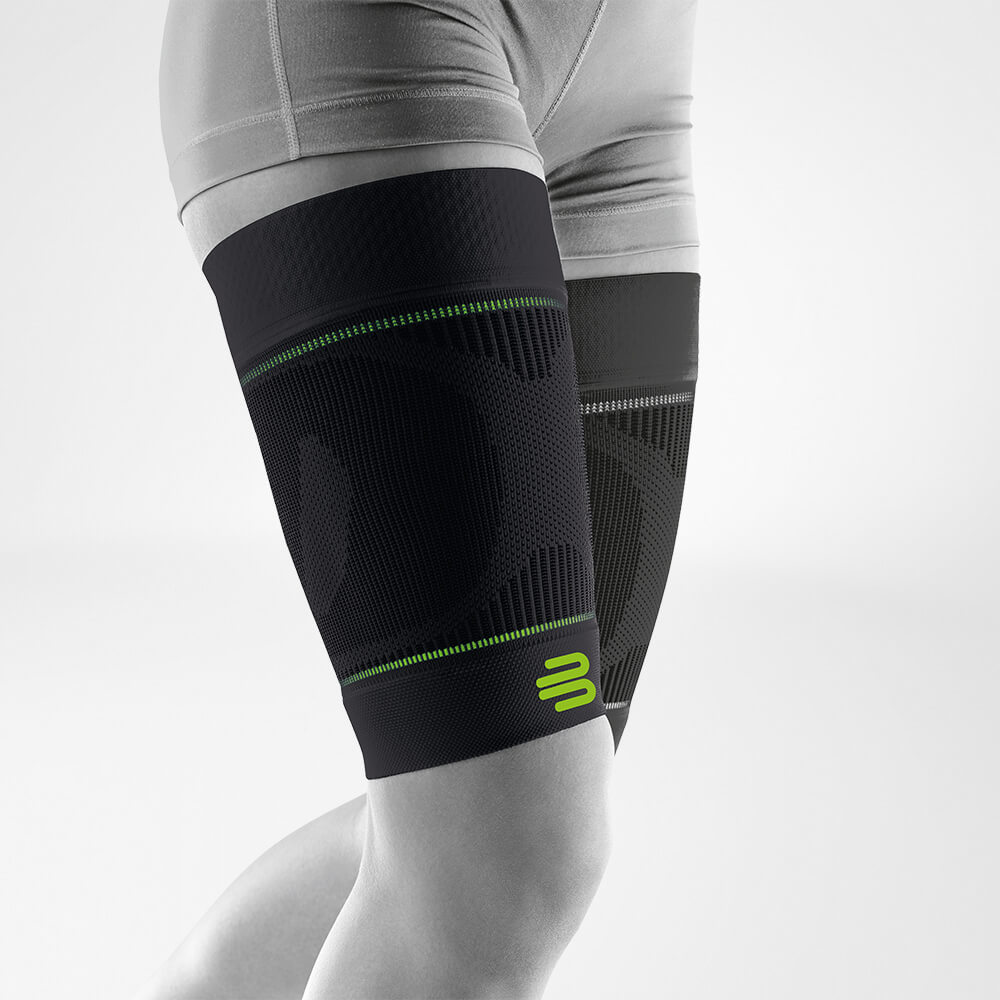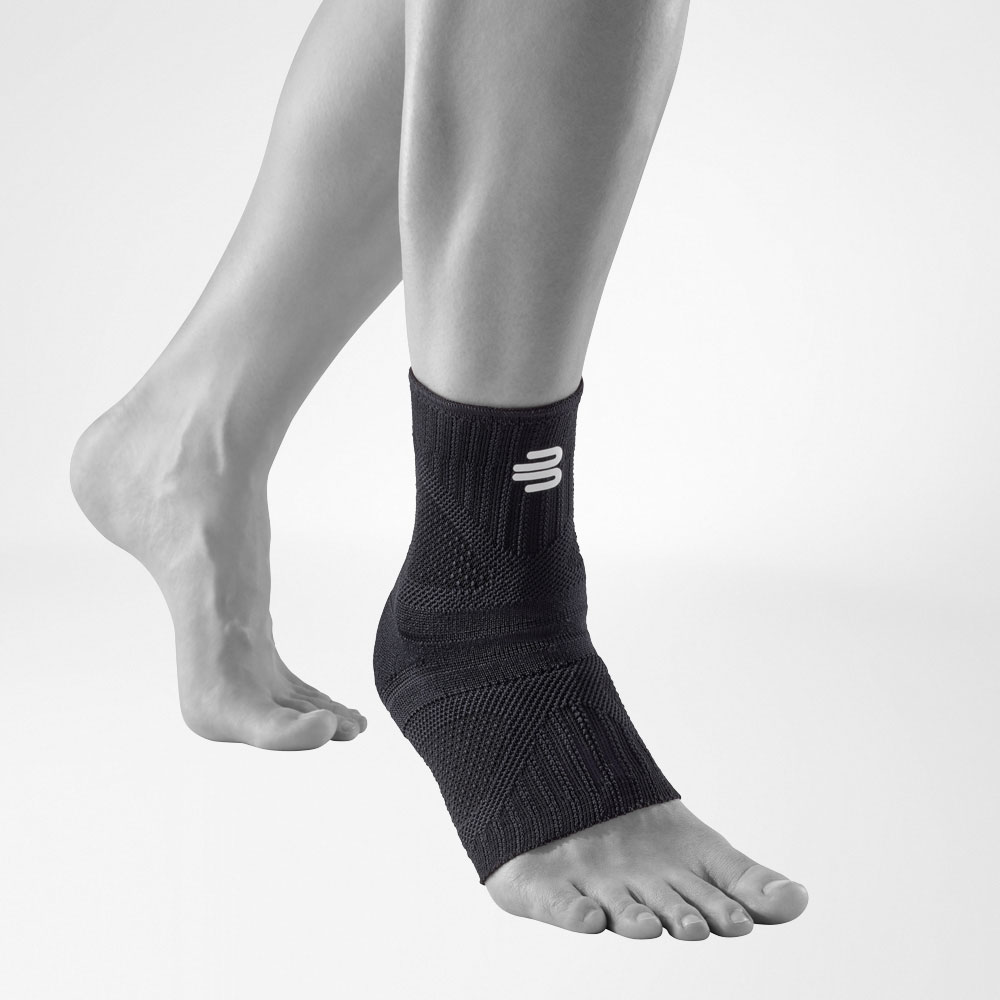
Marathon Training
Ready for the Marathon?
Ask yourself these 5 questions!
Check yourself! The five most important questions about marathon preparation
Running a marathon is an amazing goal. To make sure you know whether you are truly prepared, you should first read our five most important questions about marathon preparation.
That depends on various factors. Marathon preparation time is based on your physical fitness, your running experience and the target time you have set yourself (in case you’ve done that). You have to allow for a minimum of three months. If you’re new to marathon running, half a year would be even better.
There are hundreds of marathon training plans on the internet that usually range from 12 to 30 weeks. Again, the following applies: it’s your marathon, so the preparation time should suit you and your lifestyle. You can’t go wrong if you ask a doctor, preferably a sports physician, for a comprehensive check-up and get advice from an experienced running coach (also see Question #1).
One thing is sure: everybody who decides to run a marathon automatically decides against other things that may have previously been an obvious part of their everyday lives: lazing on the sofa after work, partying all weekend, enjoying a drink or two in the evening – but also time together with your partner, friends and family.
Of course, it doesn’t have to be quite so radical. But the fact remains that there will not be as much of these things, at least for a few months. That’s why the concept of training for a marathon must be discussed in a partnership. If your partner also enjoys exercising, or running in particular, then that’s even better. If not, you should both work on developing your training plan together so it’s clear from the beginning when you’re not going to be around much or need a day to rest.
A question that is asked in any major project or when trying to attain a goal is that of motivation, particularly during phases when things aren’t going so well. We know this from completing a final thesis when studying, from a big event that’s being organised or ongoing remodelling of the garden, porch or kitchen at home. Because preparing for a marathon means getting over constant pain, fatigue and overcoming your inner couch potato, you’ll need clever long-term as well as short-term motivational tricks.
The biggest motivation always comes from imagining yourself reaching the finish on the big day, which, of course, is something you’d definitely want to experience. Crossing that finish line with a smile and arms raised high – that is something which drives every (competitive) runner again and again.
Sadly, this powerful image doesn’t always work, especially on particularly dark, cold and rainy days. Please click here to see a list of short-term motivational tips for running during autumn and winter.
Take the first step!
The principle of this motivational tip is as simple as it is effective: don’t wait to be in the mood for running but just start! The rest will follow. This also goes hand in hand with the thought of literally getting motivated “step by step”. When following this idea, we deliberately do not think about long training units that zap our energy. First, you’re just putting on your running shoes, then you get motivated to leave your home. Next, you run to a particular spot near-by, then perhaps decide for yourself to run at least three, four or five kilometres etc. With this method, you reach your “running flow” surprisingly quickly.
Note down your reason!
Why is it that you’re running? Initially, this question may sound trite. But if you actually take a few minutes to think about what your individual reasons are, and you note them in a little notepad or on a specially filed piece of paper, you quickly have a few concrete reasons “at hand” with which to beat a potential motivational low.
Don't be a robot!
Always doing the same thing is boring and detrimental for long-term motivation. Since you’re no robot, you can ensure a lot of variety during your training runs: mix up the length as well as the course and the terrain of your route, run it the other way around, suddenly turn a corner into a road you’ve never been down, try a quick sprint or jog or take a small 200-meter detour before returning to the initial track. Your options are almost unlimited. Use them all!
Commit yourself!
Commitment! It may sound mean but there is a clear advantage: lame excuses really will not work. If you join a running group in your area, or you look for a running partner in your personal environment and agree on specific times to go running, in addition to commitment you will also gain a whole lot of social support to achieve your big goal.
Leave your watch at home!
Yes, checking your heart rate and times for distances is important but that can also create counterproductive pressure. Instead, why not try to run in the park, the woods or to the other end of town without a watch? Perhaps you will experience this fascinating feeling of freedom that running can give you – and this will boost your motivation, too.
Be admired!
Seriously though: as a regular runner, you can be really proud of yourself because your determination and perseverance are admirable. This thought is the starting point for the onlooker method. Imagine, like in a little film about you as a running hero, you’re being watched and admired by others – for example by someone you know whose admiration means a lot to you. Of course, then you will make a special effort slipping into your running shirt, shorts and compression stockings, you will tie your running shoes with extra vigour and run with an upright body and powerful, dynamic steps. You are the star in your film!

Before you jump headlong into marathon training, you should prepare and find out a few things, such as your maximum heart rate (HRmax). This is the basis for practically every marathon training plan because the intensity of your training is usually stated as “% of HRmax”.
How can you determine your maximum heart rate?
There are numerous calculations from all sorts of people online. But using one of these calculations will not provide you with a really good result for your marathon training. It’s just a rough estimate. It’s better to do a little test which doesn’t take very long. For this, do a gentle warm-up jog for ten minutes. Follow this up with three runs with increasing effort lasting three minutes (with jogging intervals of two minutes in between). The runs will have the following structure: the first minute is gentle, the second goes close to your limit and the third is “maxed out”. Your heart rate at the end of that third minute is important. Compare the three readings from the three runs with each other – the highest is your maximum heart rate.
The best way of determining your maximum heart rate, unfortunately, is also the most expensive: professional performance diagnostics. Various individual performance parameters are measured in standardised conditions. In addition to the heart rate, this also includes blood lactate levels as well as maximum oxygen intake under maximum strain (VO2max). Not only does this provide you with exact data about your current capability but you can also get an idea from a sports medicine professional about how you may do in the marathon, so you’ve got something to train towards. Furthermore, you will be supervised by experienced doctors the whole time.
Training plan, balance, and strengthening
Once you have determined your maximum heart rate (whichever way), start creating your training plan. You can find everything about different running units during marathon training in the relevant chapter, and look at an example to use as a guide.
Ensure you have a balanced diet and sufficient calorie intake if you want to do endurance sports. Also take up alternative exercises that are gentle on the joints, such as swimming or cycling. Another topic we dive into in more detail: recovery.
And also useful when it comes to holistic marathon preparation: strengthening exercises. Of course, these units cannot be compared to pumping weights during a fitness workout, but runners should not do without them either because they improve co-ordination and running economy. You can find advice on such exercises in the Chapter “Running basics and strengthening exercises”.
What you should definitely do during the entire “pre-preparation”: run. After all, your body has to get used to the strain of marathon training and should be introduced to it gradually. More about that under Question #1.
The most important question of all!
Running itself is healthy to start with. However, this is not necessarily true for a marathon, with its extraordinary demands. For newcomers to marathon running, in particular, it is absolutely essential to work out whether they are physically fit enough and able to commit to months of training. Before you start, make sure you consult a doctor for a check-up! The doctor may, for example, discover hidden heart defects or myocarditis that can put your life in jeopardy during intense endurance training. In addition, an orthopaedic examination can also be helpful to detect potential postural problems that can be counteracted using sports insoles and special running shoes.
As a general rule, you should have been running regularly for about at least 18 months to ensure your body is used to the demands of running. We recommend taking part in a half marathon or 10k competition because in this way, your body will experience the particular running speed of a long-distance run.
Can you prepare mentally for a marathon? Yes, and you definitely should! The points mentioned in #3 play a vital role, but it is also important to consider some very basic things to ensure you’re prepared. The most important question of all: is this marathon so important to you that, for several months, you are willing to have less time for friends and family, to suffer crises and, despite tiredness, pain and motivational lows, to keep pushing yourself to go running? If, after thorough consideration, you can answer this question with “Yes”, you have basically overcome the hardest part.
We hope you have an exciting time during your marathon preparation, and we’ll keep our fingers crossed that you will achieve your goal!



